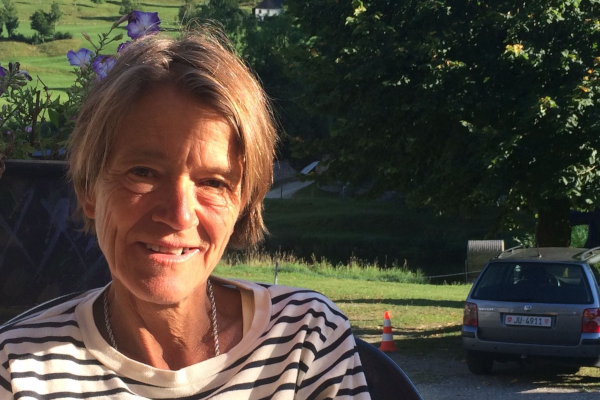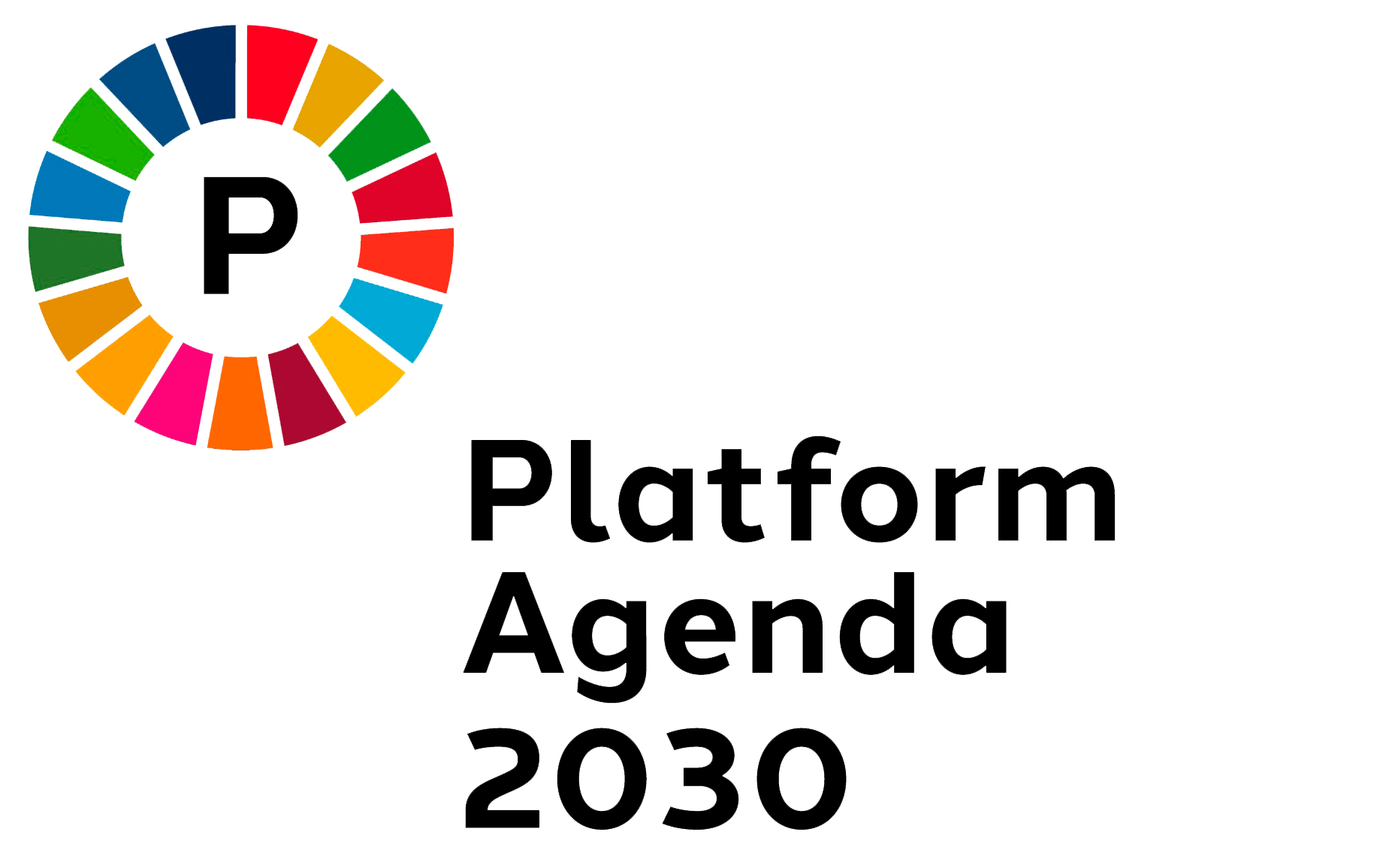Shrinking civil society space in times of war
In wartime, it is dangerous to leave the house to go to the mailbox or the bakery. There is no safety, not even in the immediate neighborhood. The war in Ukraine provides a clear example of this. Even where there is no open warfare, NGOs and critical media are increasingly seeing restrictions on their freedom of speech and assembly, being squeezed out of the public square, and gagged.
Freedom of movement is an important good, essential for social interaction and networking. Restricting and criminalizing it strikes at the heart of the fabric of society and massively undermines civil forces. The issue has arisen in work for peace and human rights, the political resistance is clearly apparent; the very term human rights defender has become firmly established in recent years as a marker highlighting violations of human rights. But it doesn’t stop there. Many people are massively restricted in their daily lives and deprived of their resources. The scope to go shopping, attend a health check or make social contact are limited because of the enormous risk of attack. But because these people scarcely figure in the considerations of politicians and the general public, their voices often go unheard.
What lurks behind this phenomenon of shrinking civil space and where is the trend heading, even in peacetime?
The significance of civil public space is context-dependent. It can be vague and diverse, depending on the roles people play in society, their daily living conditions and the economic options open to them. This raises the question of who is restricted and how, and what the dangers are when boundaries are crossed. The restrictions also reflect the prevailing power dynamic and the condition of democratic structures.
Restrictions with momentous consequences
Restrictions in civil public spaces have financial, legal, administrative and social consequences. They give rise to mental trauma and cultural discontinuity, they undermine networks that are often crucial for women to perform the duties expected of them. It is evident right now in Ukraine how important visits by volunteers are, who often risk their lives to call on women whose mobility is limited, as they are tied down by caring for family members.
The network of PeaceWomen Across the Globe supports volunteers who provide emergency assistance: getting hold of and distributing drinking water, food, electricity generators and medication. Limited access to the outside world – to shops or cafes – makes it harder to have human contact. Many of the people affected suffer from loneliness and the visits by the volunteers are often their only contact with the outside world.
People are being banished into silence. Spaces for social interaction where diversity of opinion is respected are closing down. These restrictions speak of misuse of power, a failure to respect human dignity which has a lasting impact on society. They affect cultural patterns, social relationships, the very way people think and act.
At a Women’s Peace Table in September 2021 a woman from Luhansk told us that violence, abuse and exclusion were experiences that had taken root in their heads. Their culture was one of fear – a source of mistrust and withdrawal into the world of one’s own thoughts. They were losing their right to basic existence and social interaction.
Restrictions permanently undermine the dynamic social structures in the unremarkable spaces of daily life. For fear of being ostracized as traitors, people are silenced – not just by security forces but also by neighbors, shop owners, and members of their own families.
Creating accessible spaces
It is hard for us to understand such changes, even when we read and hear about them, when civil society is politically active against them, organizes demonstrations, exerts pressure “upwards” with resolutions, and when our parliamentary representatives take political initiatives. The same applies in many contexts marked by violence. We listen, outraged, to individual human rights activists. But the human rights violations experienced by the civilian population in contested regions often remain unseen and unheard.
At PeaceWomen Across the Globe, we feel obliged to open up spaces so women’s unspectacular stories and experiences in the contested region come to light and their voices are heard. They are key witnesses to breaches of fundamental rights and the consequences these have; it is these “trivial” stories that are essential for reconstruction and reparation programs. The full range of descriptions by women as to how they cope with daily life and the commitment by many networks needs to be heard, assembled, and publicized. All means are required to make the space for social networks, neighborly solidarity and social interaction accessible. For women in particular, this challenge is crucial, and that is our task.
At the same time, we have to recognize and combat restrictions on the public space in Switzerland. Video monitoring, regulations on the use of public space, removal and restraining orders can be drastic measures that restrict the fundamental rights of “deviant individuals”.
In democratic societies, there is at least the ability to speak out against these measures without much risk. But in Switzerland too, the trend is clear: the security industry is growing. What happens in times of war is total escalation and the absolute curtailment of everyone’s rights in civil public space. We reject this, as do the voices of the women of eastern Ukraine.
This article has first been published at à propos the KOFF Peacebuilding Magazin. à propos N° 176, june 2022.

